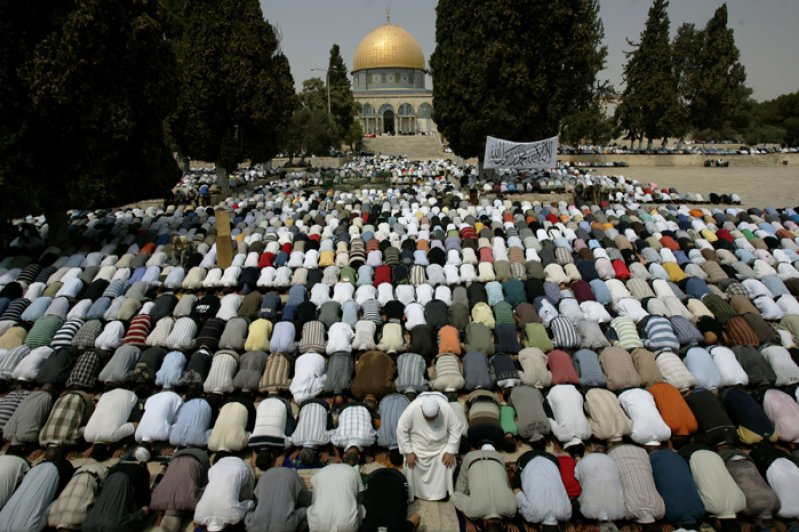
Ramadan is a 30 day period where more than 1.6 billion Muslims across the world unite in practicing one of the five pillars of Islam: to fast before the break of dawn until the sunsets, abstaining not only from food and drink, but also from conjugal relations. It is considered to be a holy month to Muslims, and this is when they are able to gain merit points at an accelerated pace in order to help turn the scales in their favor when they meet the Almighty face to face. As Christians, what are some of the practical things that we can do to reach out to Muslims this Ramadan?
1. Pray for them
Never, ever, underestimate the power of prayer. Prayer is the vital connection between us and our Heavenly Father, allowing us to gain access to the full richness of Jesus Christ through the Holy Spirit. Pray for our Muslim friends, neighbors, acquaintances, family, and in some cases, communities. The Muslim diaspora has taken place in the past few decades, with unsettled Muslim migrants from different countries: Pakistan, Iraq, Iran, Africa, Central Asia and in the Middle East, all making their way across borders of so-called Christian countries in order to flee from war, famine, persecution, and the search for a better life.
Being in a totally new environment and culture can be a frightening experience for everyone. Not only do they need to learn a new language more often than not, they would also have to adapt to conditions that might not be conducive for them to carry out their faith as required. If you know of a Muslim neighbor or colleague, why not take time to pray for them all through this 30 days? You can do so as an individual, a family, a small group, or even as a church. Perhaps it could be part of your prayer discipline as you await to celebrate the Day of Pentecost.
2. Fast with them
It is my experience that true prayer without any kind of action is very rare. Most of the time, if you pray for God to open up doors and offer a solution, the answer tends to end up from you as the starting point. Identify with your Muslim brethren by fasting alongside them, and it is also a good way to built up rapport within the community as it shows just how you are able to identify with them. It is not rare for Muslims to brighten up and smile when they know that you too, are observing a fast just to be in solidarity with them. It is from there that you would most probably get invited to break fast with them. This is the perfect time for you to share with them about your faith, even as you pray for them in their midst in order to exercise your faith.
3. Share the Good News with them
We know that fasting and good deeds will not be able to bring us to the presence of God in heaven after we die. Only faith in Jesus Christ alone is able to do so, and to be His followers after calling upon His name as Lord and Savior. Share with them how they are able to obtain freedom from the burden of religion, from the yoke of slavery to sin and death through Christ’s sacrifice on the cross. After all, Jesus did declare that His yoke is easy, His burden is light.
4. Continue to befriend them after Ramadan
Hopefully, a closer rapport would have been built through the 30 days of Ramadan as you walk alongside your Muslim friends and family members. By then, after the Eid al-Fitr celebrations, there should be a good relationship between you and them, from which you are then able to impact their lives simply by being followers of Jesus through your lifestyle. Remember, the power of the Gospel lies more than just words, but in action as well.






